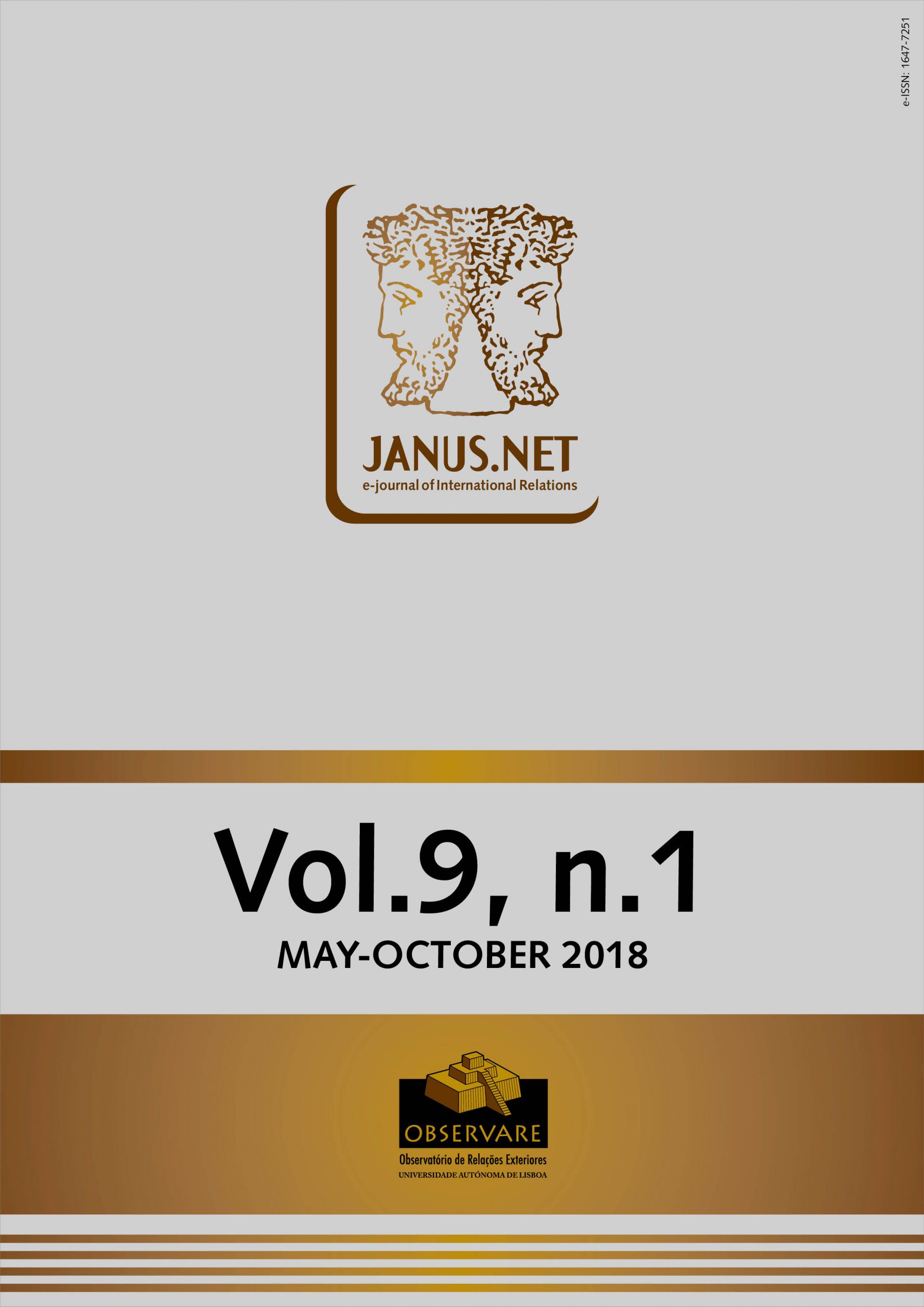From the critical perspective of the concept of “human emancipation” globalization represents an important historical challenge to realism, liberalism and Marxism. Nevertheless, they are not to be ignored in any theoretical debate about globalization in IR. Without neglecting the nuances in each of the three schools of thought we can say that they tend to view the globalizing world through the lenses of the Westphalian order. To the contrary, we are witnessing the (re)emergence of a spatial, power and functional heterogeneity beyond, between and within nation-states today. We can particularly attribute the epistemological gaps of the three IR subdivisions in terms of globalization to their handling of five main issues: territory, actors, interrelation between public and private sphere, predictability, interdisciplinarity. In this sense, a critical globalization debate cannot and should not be restricted to issues conceptualized explicitly under the banner of “national democracy”, “national security” or “national welfare” but must be urgently engaged with the different spatial manifestations as well as state and non-state, public and private instruments for the proliferation of transnational interconnectedness and “unpredictability”. It is on this basis that eventual fruitful synergies between the three conventional theories, and between them and the reflectivist and constructivist streams of the 1980s and 1990s are to be sought.
EPISTEMOLOGICAL CHALLENGES OF GLOBALIZATION TO THE WESTPHALIAN THINKING WITHIN INTERNATIONAL RELATIONS
borjana_alexandrova@hotmail.com
PhD (University of Münster). Senior Assistant-Professor in International Relations, Sofia University “St. Kliment Ohridski” (Bulgaria). Current research interests: historical transformations of state and international structures, globalization, transnationalization, theories of international relations, international conflicts. Teaching: university course “Globalization and International Relations”; seminars on Theory of International Relations, Theory of Foreign Policy, Theory of International Negotiations; introductory seminar on International Relations for students of law.
Resumo
Palavras-chave
Como citar este artigo
Aleksandrova, Boryana (2018). “Epistemological challenges ofglobalization to the Westphalian thinking within international relations”. JANUS.NET e-journal of International Relations, Vol. 9, Nº. 1, May-October 2018. Consulted [online] on the date of last consultation, DOI: https://doi.org/10.26619/1647-7251.9.1.1
Article received on 18 August, 2017 and accepted for publication on 11 January, 2018















